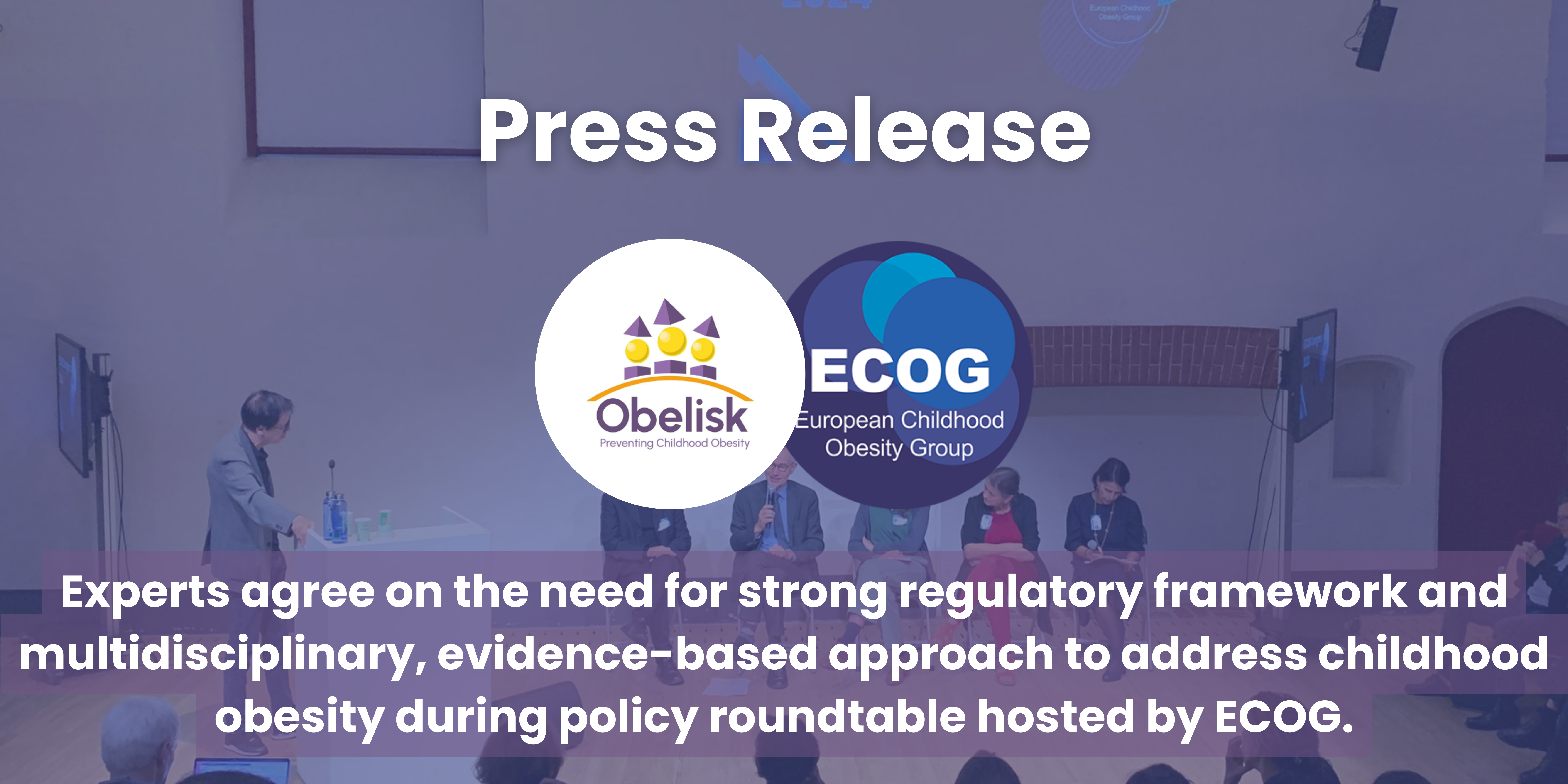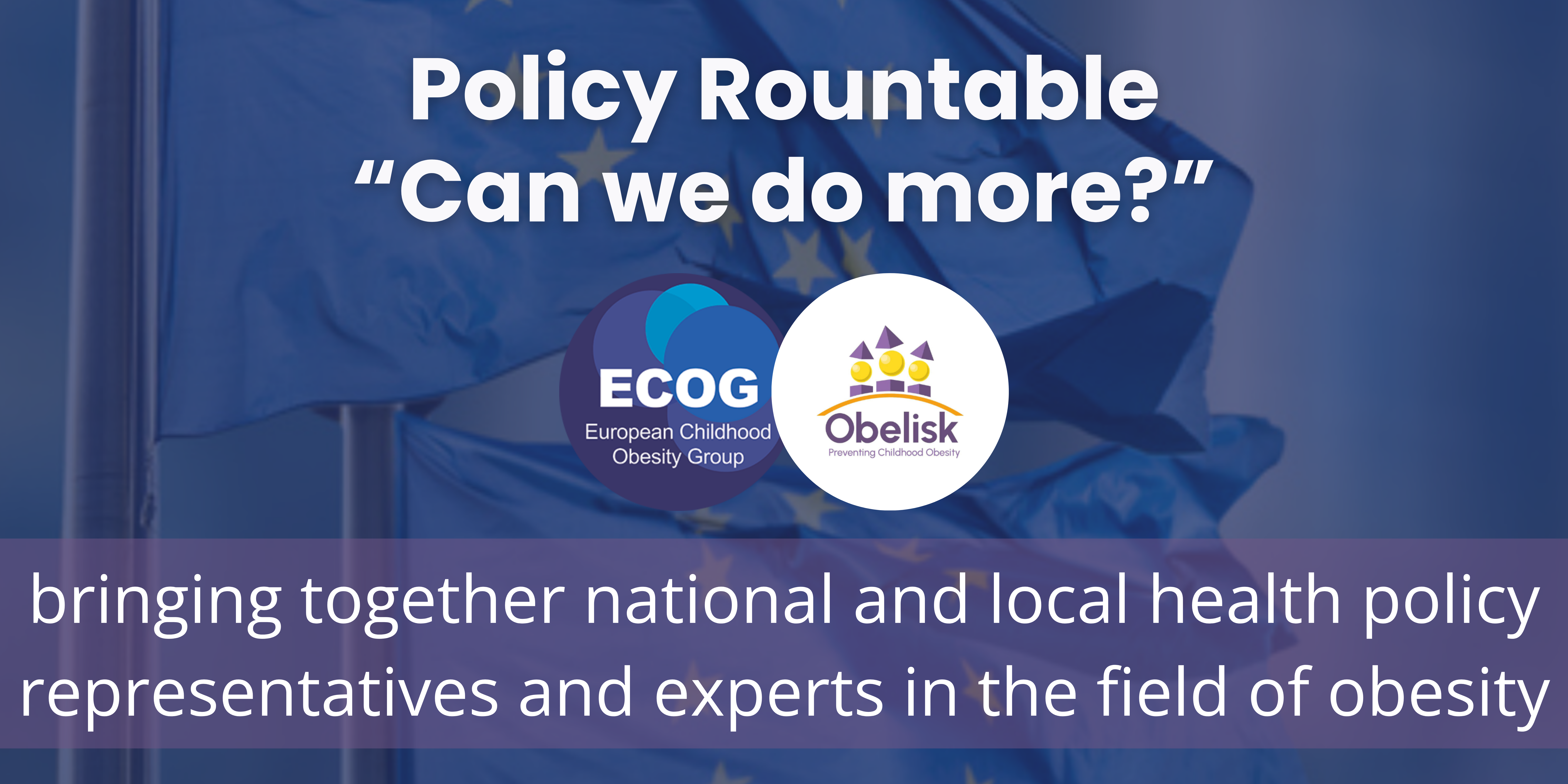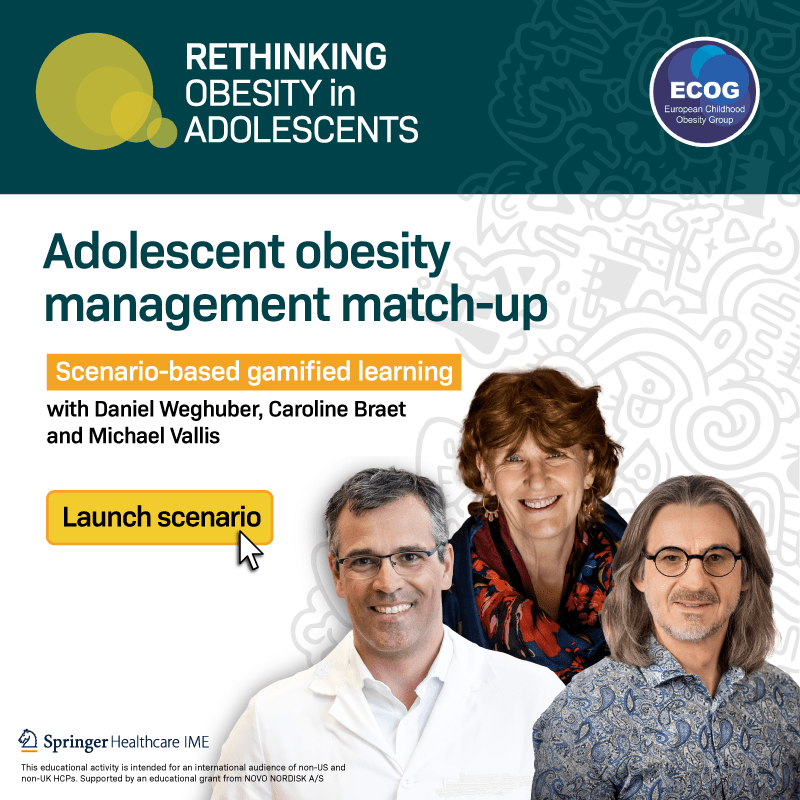Report on the fifth round of data collection, 2018–2020:
WHO European Childhood Obesity Surveillance Initiative (COSI)
The WHO Regional Office for Europe established the WHO European Childhood Obesity Surveillance Initiative (COSI) in 2007 in response to the need for standardized surveillance data on the prevalence of overweight and obesity among school-aged children. The availability of such information is essential to develop effective policies and strategies to tackle childhood obesity in the WHO European Region.
Since its first round of data collection, which involved 13 countries, COSI has grown dramatically and 45 countries participated in the fifth round, which took place between 2018 and 2020. Of these, 33 countries collected data in the fifth round and, in total, almost 411 000 children aged 6–9 years were measured. In addition, data were collected on school environments and – for countries that used the voluntary family questionnaire – on some dietary habits, physical activity and other health-related behaviours.
The systematic collection and analyses of these data allow intercountry comparisons and a better understanding of the progression of childhood overweight and obesity in Europe. Together, they clearly show that childhood obesity remains a major public health problem in the WHO European Region.




